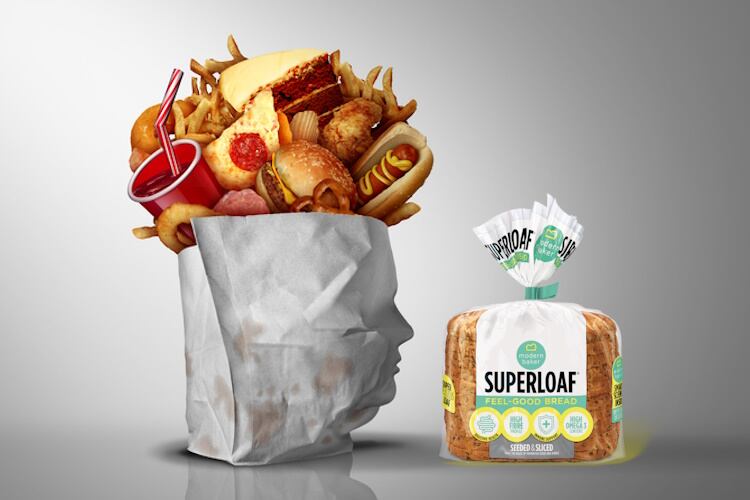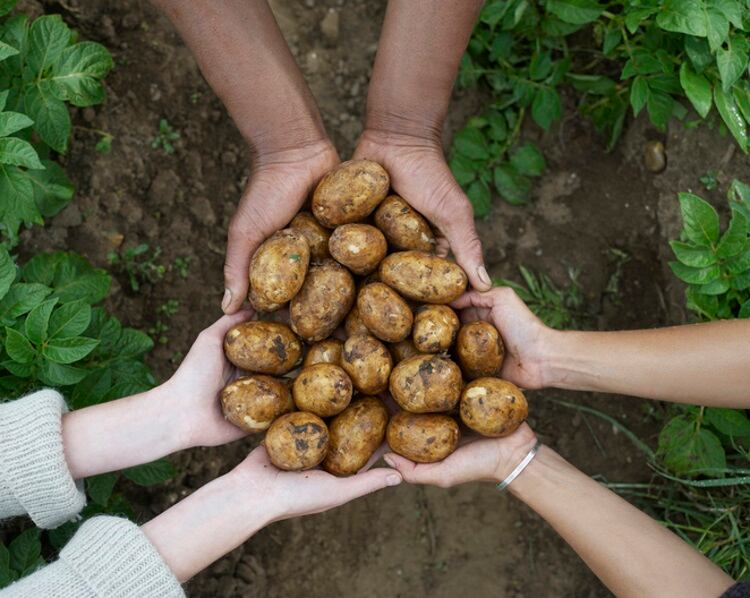The successful startups – the seventh cohort of the EIT Food Accelerator Network (FAN) program, one of the world’s most prestigious entrepreneurship programs – were singled out for their work to solve urgent food security and sustainability challenges and build value aligned with both planetary capacity and consumer demand.
Each startup will receive access to the world’s largest and most dynamic agrifood community of industry experts, research institutions, corporate partners and investors. They will also get support in navigating the complexities of developing and commercializing their innovations to effectively reach their target audience and establish themselves as leaders in the field of agrifoodtech. Additionally, there’s access to cutting edge facilities and equipment, a pool of more than €600+ in grants to validate their tech, along with additional routes to financing through the EIT Food Investor Community and the EIT Food Startup Impact Fund.
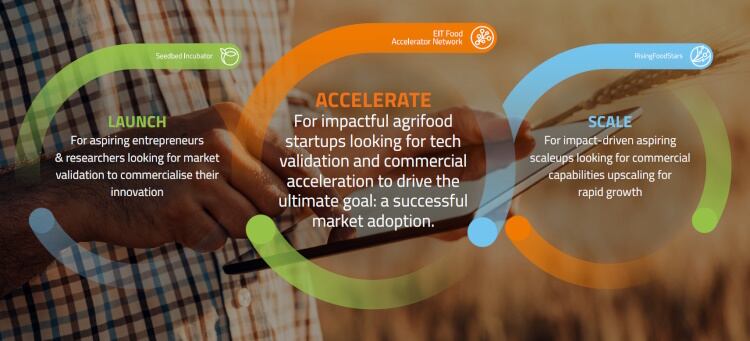
“Startups play a fundamental role in building a global food system that is strong enough to withstand cycles of worldwide turbulences,” said Richard Zaltzman, CEO of EIT Food.
“At EIT Food, we harness the power of innovation and foster a collaborative approach to build a future-fit food system that produces healthy and sustainable food for all. How? We come together as a louder, more direct voice, creating a shared vision, a common agenda, and an environment where innovation can thrive, collectively transforming the way food is produced, distributed and consumed.”
What makes a standout?
The route to inclusion on the program was a highly debated, challenging one. More than 60 experts from the agrifood sector took the entrepreneurs through their paces, scrutinizing their concepts and business plans to ensure they not only had the potential to disrupt the food industry, but also share EIT Food's commitment to create a healthier, more sustainable and transparent food system.
EIT FAN’s corporate partners in 2024 include General Mills, Mondelēz International, Kerry, Cargill, Barry Callebaut, Lantmännen, AAK, IFF, Tesco, Sodexo, Avril, Bayer Crop Science, EFES, Roquettte, Corteva Agriscience, Peter Cremer Holding , Dellta Foods SA, PINC, Hijos de Rivera, ICL Group, Paulig Group, Südzucker Group and Syensqo.
These partners will be working closely with EIT FAN’s five innovation hubs to share their expertise with the startups, who will be grouped accordingly:
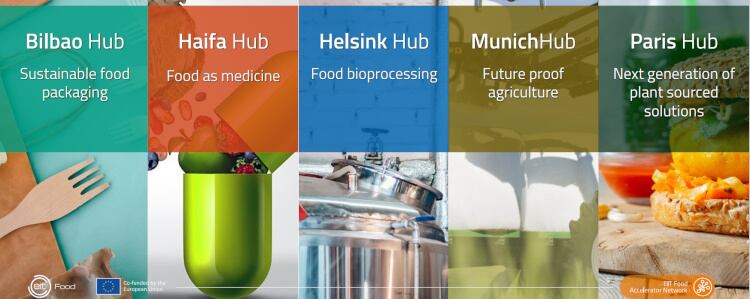
“It is our job to identify and support impactful agrifoodtech startups, so that they can tackle the biggest challenges within the European food system, transform it and develop their capacity as founders,” said Benoit Buntinz, director of Business Creation at EIT Food.
“Through our EIT Food Entrepreneurship programs, we create connections right across the food ecosystem, empowering entrepreneurs to develop new ideas and innovations, helping them to launch accelerate and scale.”
The latest cohort includes 50 startups from Europe and eight from EIT Food’s FAN Hub in Brazil. Here are just a few:
Food as medicine
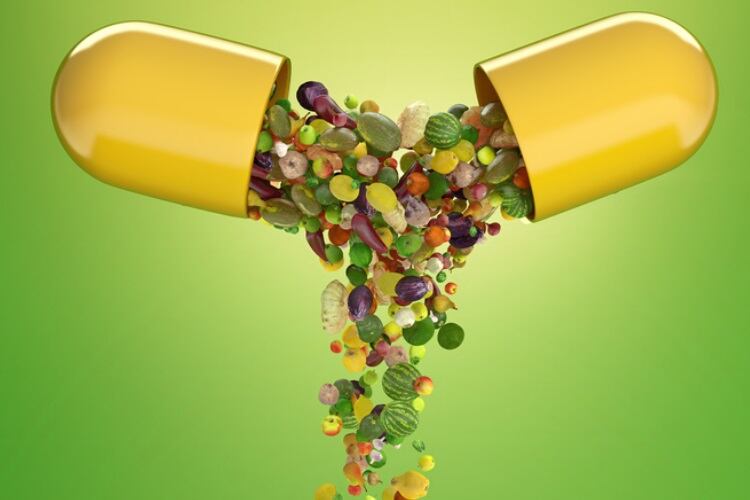
The HAIFA Hub partners with Technion, Israel Institute of Technology to accelerate innovations that play a key role in food safety and security, as well as those pioneering ideas that support health, vitality and disease prevention and management.
Kokomodo’s (israel) cellculture tech produces climate-resilient cacao for sustainable cocoa and chocolate products all year-round, with a focus also on personalized nutrition.
GOVA (Finland) is revolutionizing the way we taste sweetness, using an encapsulation tech that creates better-for-you white sugar with all the properties of regular sugar.
FeJuice (Serbia) is the first natural, scientifically proven and side effect-free nutritional formula for IDA (anaemia) treatment and prevention, suitable for the production of snack bars, freeze dried bars, juices, smoothies and purees.
Food bioprocessing
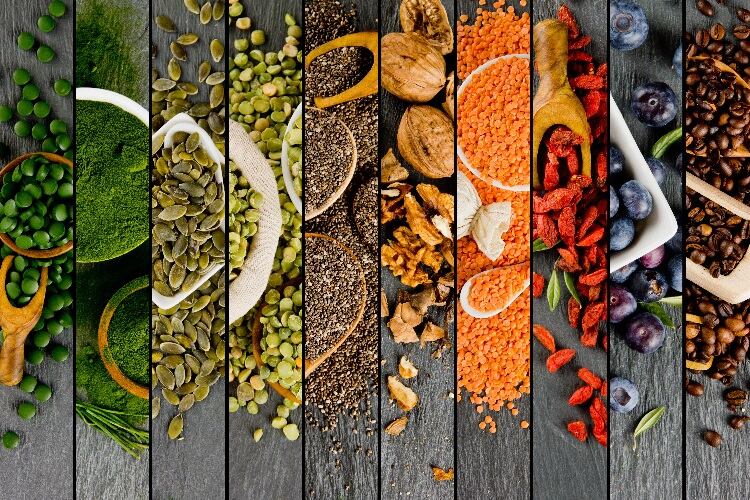
The Helsinki Hub partners with VTT to support agrifoodtech startups that take plant-based and animal-free alternatives to the next level.
Melt&Marble (Sweden) is on a mission to become an enabler for the plant-based protein industry by using precision fermentation to produce sustainable designer fats and oils without the animal.
Senara (Germany) is the first cell-cultivated milk company in Europe with the aim to offer an innovative no compromise solution to sustainably feed the world.
New Wave Biotech (UK) uses AI and computational modelling to help precision fermentation alt protein companies optimize their downstream processing, so they can de-risk their ventures, speed up R&D, reduce costs and get to market quicker, cheaper and more sustainably.
Next generation of plant sourced solutions

The Paris Hub has partnered with ShakeUpFactory based in Station F to support startups that specialize in new protein foods that are good for both people and the planet.
Nukoko (UK) is the new wave of bean-to-bar manufacturing, using fava beans instead of cocoa beans to naturally create a new type of healthy and sustainable chocolate.
UOBO’s (UK) solution lies in developing 100% plant-based egg alternatives and proteins obtained through precision fermentation.
Clean Food Group (UK) uses fermentation to make sustainable, local, scalable, healthier oils and fats.
Future proof agriculture
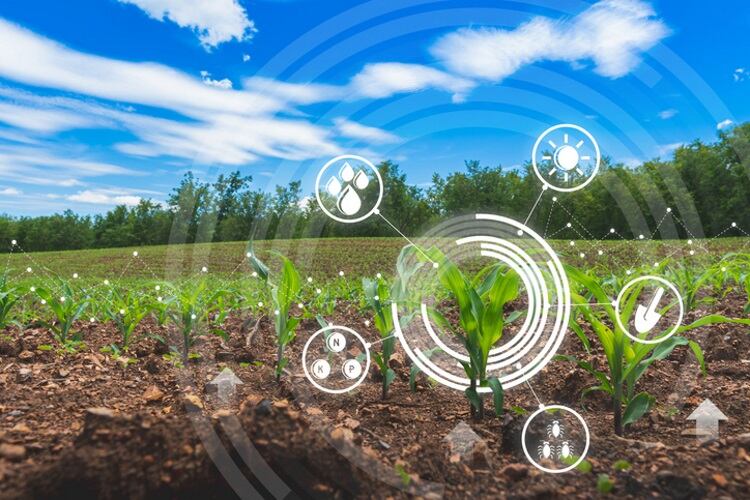
The Munich Hub works with the XPRENEURS Incubator at the Technical University Munich to advance innovations that bridge the gap between traditional agricultural practices and emerging climate challenges.
E-TERRY (Germany) has developed an autonomous, multifunctional and AI-powered agricultural robot designed as an all-around farming companion for organic veg farmers, initially focusing on ‘weeding-as-a-service’ to tackle labor shortages.
NOOVI (Slovakia) offers a globally unique line of marking pheromones that prevent pests from laying eggs on crops, without using any toxins.
P-Agro Minerals (Latvia) has developed an environmentally friendly mineral material called Letonite, specifically designed to recover phosphorus from wastewater in municipal and industrial wastewater treatment plants following circular economy principles. Letonite can also be used as a fertilizer.
Fungit Biosolutions (Israel) uses microbiological, genome sequencing and bioinformatic approaches to develop proprietary fungal-based biocontrol agents to extend fruit & vegetable shelf life and improve crop yield.
Sustainable food packaging
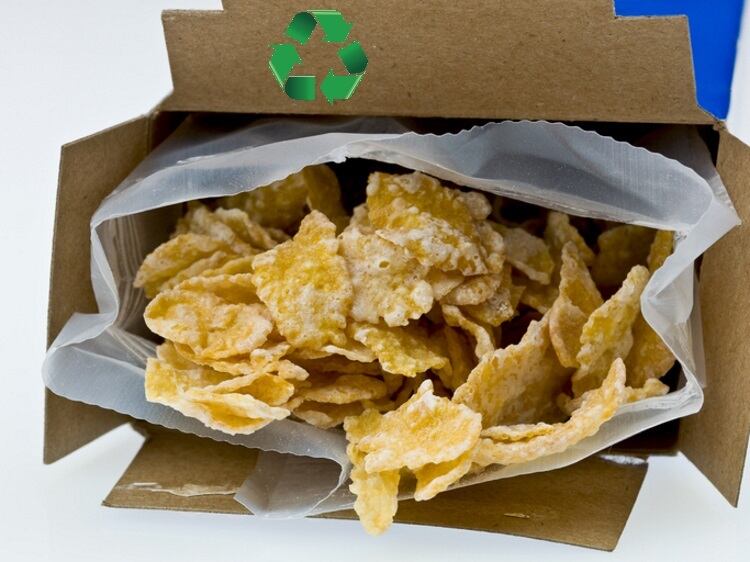
The Bilbao Hub accelerates startups that help to put less strain on the planet’s resources, using materials that are renewable, recyclable or compostable to smart packing and processing technologies.
Pack2Earth (Spain) has developed robust biomaterials from plants and minerals to substitute contaminating plastic in packaging.
Papkot (France) makes packaging plastic-free, recyclable and biodegradable by replacing plastic with pure paper improved by AI.
Senoptica Technologies (Ireland) has developed a groundbreaking oxygen sensor that will help reduce food waste and can be printed into active packaging (Modified Atmosphere Packaging, Vacuum Packaging and Vacuum Skin Packaging).
The EIT FAN program has accelerated 298 European startups since 2018, providing the resources and support needed to build strong business foundations and to thrive in a competitive world.
The program is one of nine innovation communities established by the European Institute for Innovation & Technology (EIT), an independent EU body set up in 2008 to drive innovation and entrepreneurship across Europe.
“Collaborations, knowledge exchange, tech validation, market and investment readiness are at the forefront of everything we do,” said Marie Russier, EIT FAN program manager.
“Not only are we extremely grateful to the startups for trusting us with their application and to our EIT Food Accelerator Network community, but also to the 60+ evaluators, corporate and delivery partners for their continuous support and tremendous effort.
“Diversity is key, which is why during the scouting, evaluation and selection process we ensure to have a fair mix of startups from our three EIT Food regions, as well as a fair gender balance. By continuing to partner with the best and the brightest talents in agrifoodtech, we continue to offer purpose-led startups even more ways to fuel their impact, grow and achieve their ultimate goals: a successful market adoption.”



